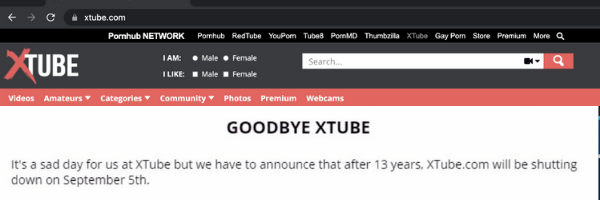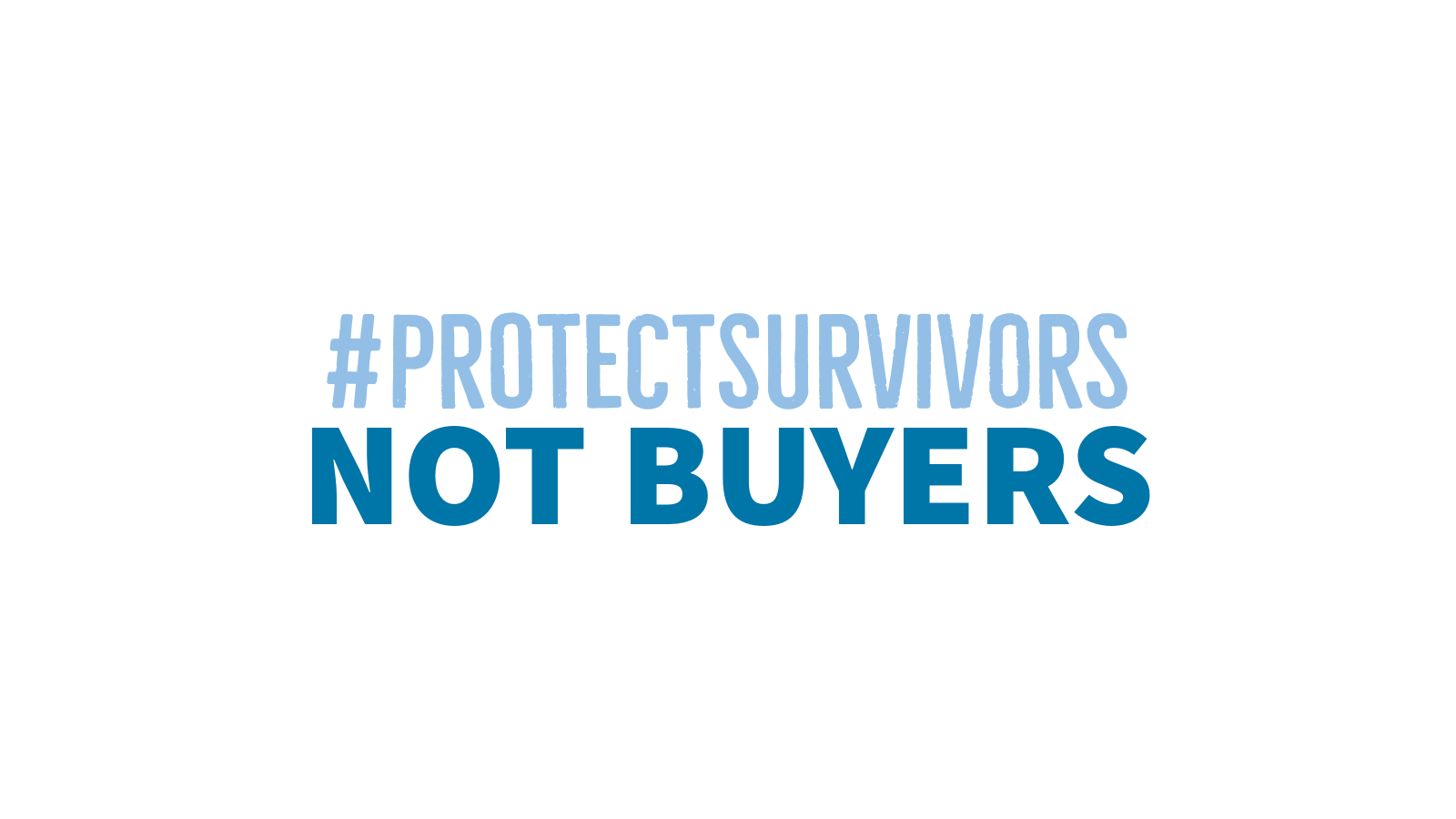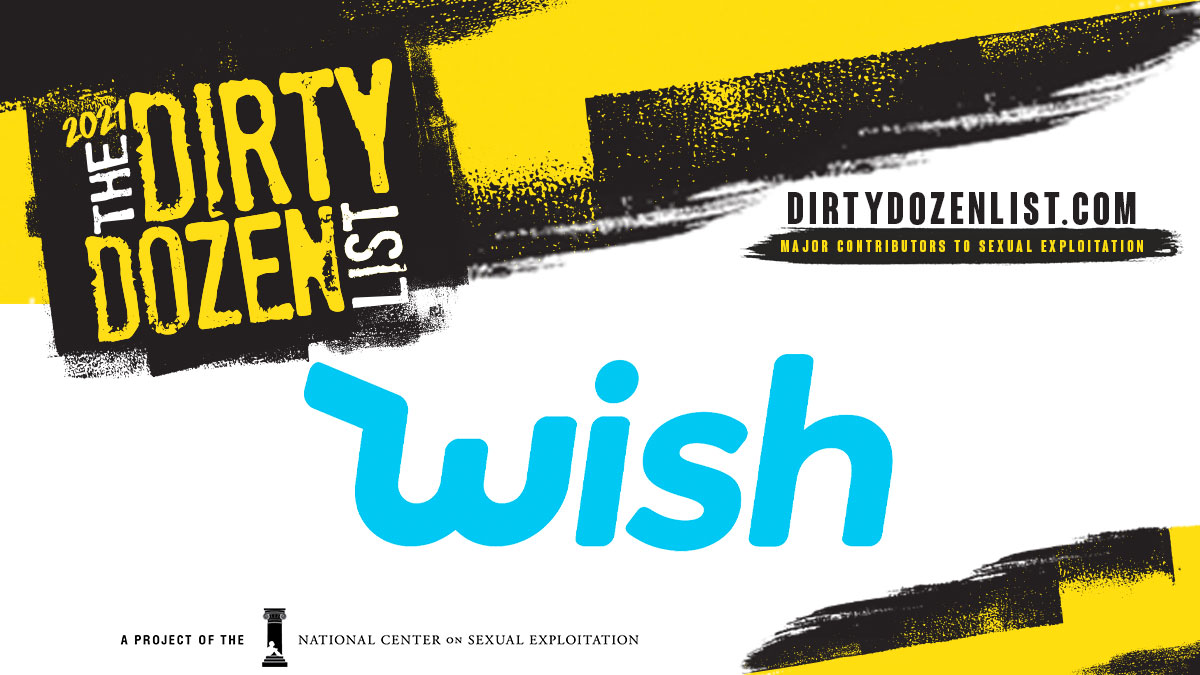
Google Play Says No to Sugar Dating Apps
The National Center on Sexual Exploitation (NCOSE) lauded Google Play’s announcement that it will no longer carry sugar dating apps (or apps that promote compensated sexual acts).

The National Center on Sexual Exploitation (NCOSE) lauded Google Play’s announcement that it will no longer carry sugar dating apps (or apps that promote compensated sexual acts).

We’re halfway through 2021 and we’ve made strides in courts, legislation, and corporations. Here’s all you’ve helped us accomplish so far.

TikTok takes fighting sexploitation seriously by automatically removing exploitive content.

WASHINGTON, DC (July 13, 2021) – The National Center on Sexual Exploitation (NCOSE) commended TikTok for announcing that it will use enhanced technology to identify

XTube announced it is shutting down. XTube, similar to Pornhub, allows videos to be uploaded with no meaningful age verification or consent.

XTube’s announced shutdown is more evidence that MindGeek’s exploitation empire is crumbling.

Global Tech Giant Google will make Chromebook devices safer for K–12 students—a move that will impact millions of kids worldwide.

Global tech giant Google will make Chromebook devices safer for K–12 students—a move that will impact millions of kids worldwide.

Pornhub and its parent company MindGeek are crumbling before our eyes as the world wakes up to their harmful practices.

The only way to end sex trafficking and all sexual exploitation is to shrink the demand by holding sex buyers accountable.

Wish, the retail shopping website, no longer wants their brand to be associated with MindGeek and its advertising agency, TrafficJunky.

The proposed Canadian “SISE Act” would require pornographic material to first verify the age and consent of everyone depicted.